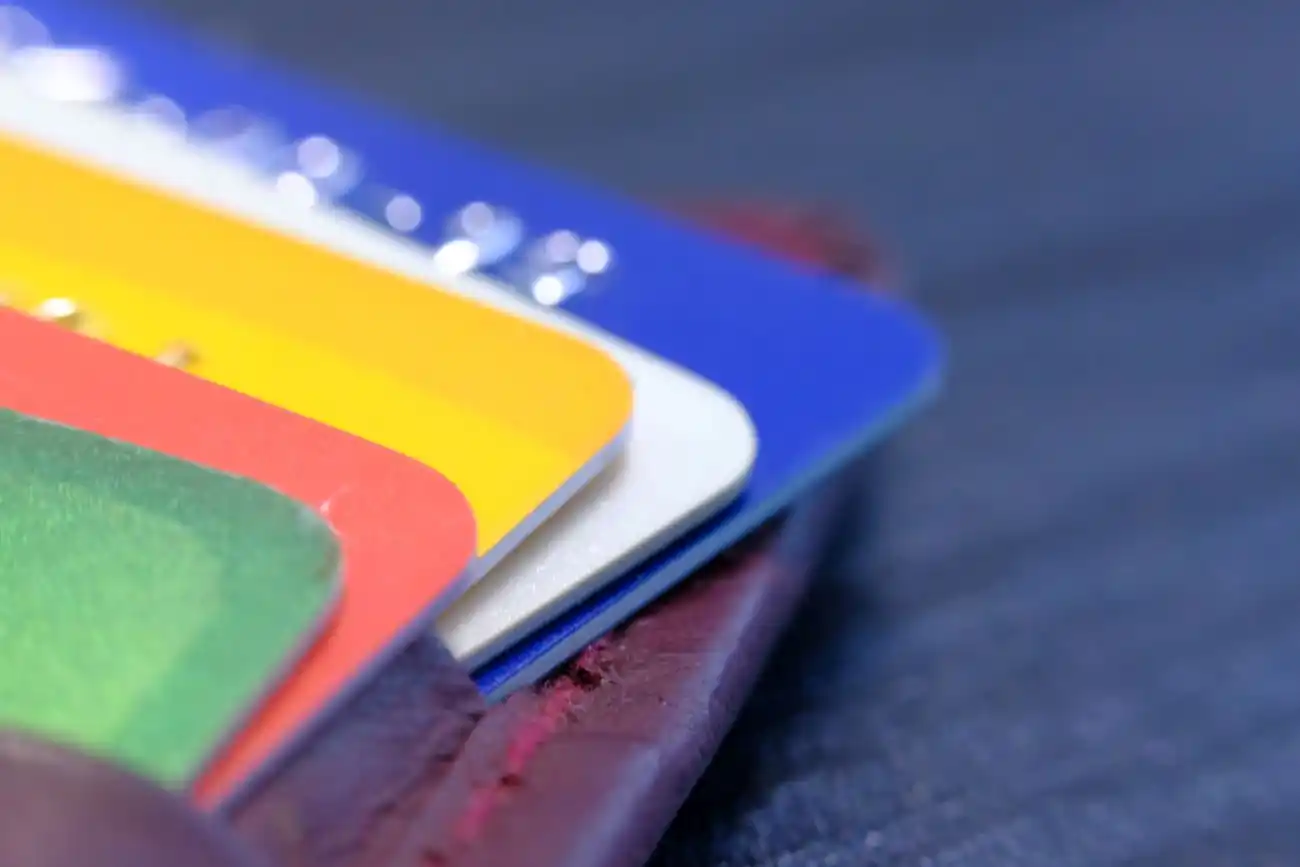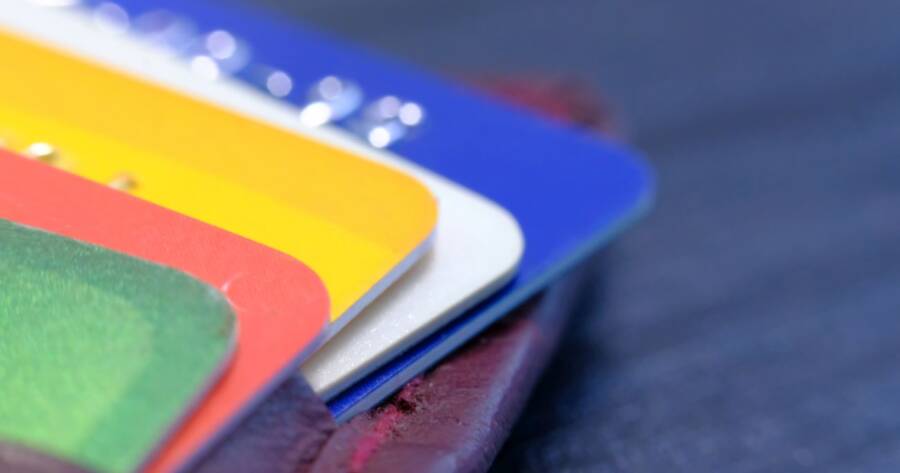Having a low credit rating puts a significant damper on your ability to qualify for credit cards. This is a good thing, in a way, since it limits a person’s ability to access additional credit. Many people with low credit ratings are also struggling with debt. So, adding more debt to an already heavy load is not exactly a recipe for financial success.
However, a limited ability to access new sources of credit is also a conundrum. This is because demonstrating an ability to manage credit responsibly is a major factor in rebuilding a poor credit score. You can’t do this if you can’t get a card, creating a catch-22 situation.
Financial institutions know this, so they’ve come up with a solution. They offer credit cards that are specifically designed for consumers with low credit scores. Most of these cards are secured, meaning that you must make a cash deposit in order to obtain the card. The deposit is usually, but not always, equal to the card’s maximum credit limit. There are also unsecured options. However, they generally carry higher interest rates and are available exclusively to people with damaged but not disastrously poor credit scores.
If you’ve got a low credit score, you’ll have a narrower range of choices than most consumers when it comes to credit card availability. However, you should still seek out the best deals you can, since some cards are purpose-built to help you rebuild damaged credit.
Capital One QuickSilverOne Cash Rewards Card
If your credit rating is compromised but doesn’t fall in the lowest tier of scores (300 to 579), you may qualify for a Capital One QuickSilverOne Cash Rewards card. The key feature of this card is that it offers 1.5 percent cash back on all purchases. While it does carry a $39 annual fee, you will earn that back through the rewards program if you spend about $200 per month. Your cashback earnings never expire, and remain valid for the entire active life of your account.
Other reasons we like this card: there’s no need to manage rotating cashback rewards categories and you don’t have to pay fees on balance transfers. You also have $0 liability in the event your card is lost, stolen, or fraudulently used.
Capital One Platinum Mastercard
All you’ll need to qualify for this card is a credit rating of at least 580, which means that about 85 percent of consumers meet the basic requirements. This Mastercard-branded credit card does not carry an annual fee and offers a modest credit limit. Balance transfers are free, and cardholders can automatically be considered for credit limit increases after five months of good behavior.
Another advantage: you get to set your own monthly payment due date, allowing you to position it around payday to prevent cash shortfalls from impacting your ability to make payments. The variable annual percentage rate tops out at 26.96 percent, which is toward the higher end of the overall spectrum but remains fairly competitive in the low-score credit market.
Indigo Platinum Mastercard
With the Indigo Platinum Mastercard, you can check online to see if you qualify before you actually apply. As you may know, your credit score takes a hit if you apply for a credit card but get turned down, so the Indigo system gives you an easy way to avoid further credit damage. It’s also open to just about anyone, including people with recent bankruptcies on their financial records, meaning you’re highly likely to be preapproved.
Once you have the card, just make your payments on time every month and you’ll automatically be bumped down to lower interest rate tiers. Many consumer experts cite this as one of the best cards for repairing heavily damaged credit, so if you’re in the sub-580 credit rating category, this is one to look into.
OpenSky Secured Visa
The OpenSky Secured Visa is an interesting option, as it offers several rare features. First, account holders can pay deposits of $200 to $3,000 using an existing Visa- or Mastercard-branded debit or credit card. Thus, you don’t necessarily need a bank account and you don’t require the full deposit sum in cash upfront. The card also comes with no credit checks, making it a sure bet for consumers with heavily damaged credit ratings as well as those with no credit history whatsoever.
If you make your payments on time, OpenSky will help you repair your credit score quickly as it reports to all three major bureaus every month. The annual interest rate peaks at an appealing 19.64 percent, but the card carries a $35 annual fee. Cardholders also don’t have the option to upgrade to an unsecured version of the card. But, considering the card’s upside, these drawbacks are relatively minor.
Discover It Secured Credit Card
If you don’t mind having a Discover card, which is commonly accepted but not as universal as Visa or Mastercard, you may want to consider the Discover It Secured credit card. You can open an account by offering a deposit of as little as $200, and the card pays generous cashback rewards of two percent at restaurants and gas stations (on up to $1,000 in spending per financial quarter) and 1% on all other purchases. Your credit score will also be included in every statement, making it easy to monitor your progress.
The variable APR peaks at 25.24 percent, but making balance transfers can be tricky since your credit limit is capped at the same amount as your security deposit. However, you can raise your limit by increasing your deposit, giving you more flexibility as your financial situation improves.
Wrapping It Up
As a final thought: just because you qualify for a credit card doesn’t mean you should accept the offer. Some credit card providers are unscrupulous and prey on people with poor credit scores. Carefully consider and compare terms and conditions like interest rates, grace periods, and late payment penalties. You should also be wary of cards that automatically increase your credit limit without notifying you, as this can lead to ballooning spending. If you’re not careful, you could just rack up further debt you can’t afford to pay off, and that’s the last thing you need.
 Towfiqu Photography / Getty Images
Towfiqu Photography / Getty Images